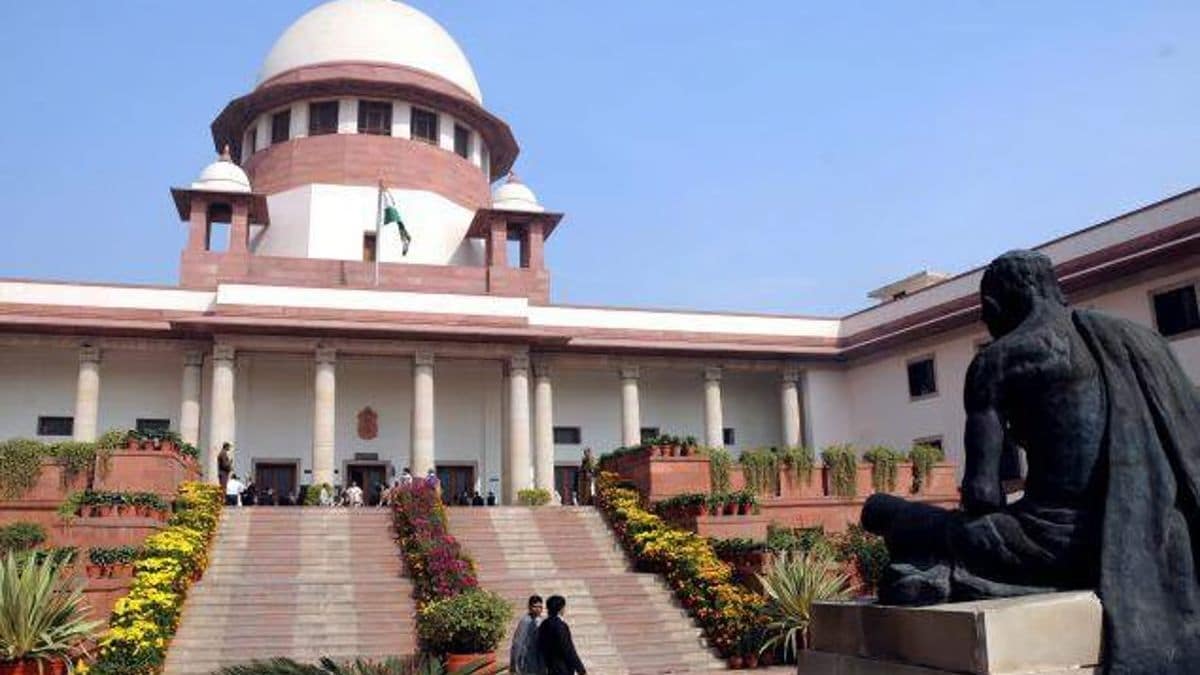
5 THINGS SUPREME COURT SAID WHILE ADDRESSING ARVIND KEJRIWAL'S PLEA FOR INTERIM BAIL
The Supreme Court on Tuesday deferred its order on the Delhi chief minister Arvind Kejriwal's interim bail plea but it made a few key observations in the process. The Delhi chief minister is lodged in Tihar Jail due to his alleged involvement in an excise policy-linked money laundering case.
Here are the five key things that the apex court said while dealing with interim bail plea of the Delhi chief minister:
• Supreme Court noted that without ongoing elections there would be no consideration for interim bail of Kejriwal.
• The apex court expressed concerns about the potential "cascading effects" if Kejriwal were released on interim bail and allowed to participate in elections and perform official duties, questioning how he would handle tasks like signing files and attending office.
• Supreme Court emphasized that being the elected chief minister of Delhi during elections constituted extraordinary circumstances but stated that politicians involved in crimes should not be treated differently. However, the court also said that Kejriwal is not a "habitual offender".
• Supreme Court clarified that elections were a separate matter held once every five years and reiterated the court's stance against treating politicians involved in crimes differently. The Supreme Court further stated that they were not basing their decision on whether the individual in question was a politician or not. They emphasized that every individual might have special or exceptional circumstances warranting consideration. They clarified that the discussion revolved around whether an exception was necessary in light of the elections. They further clarified that their stance did not imply the need for a separate law tailored for politicians.
2024-05-07T09:53:21Z dg43tfdfdgfd